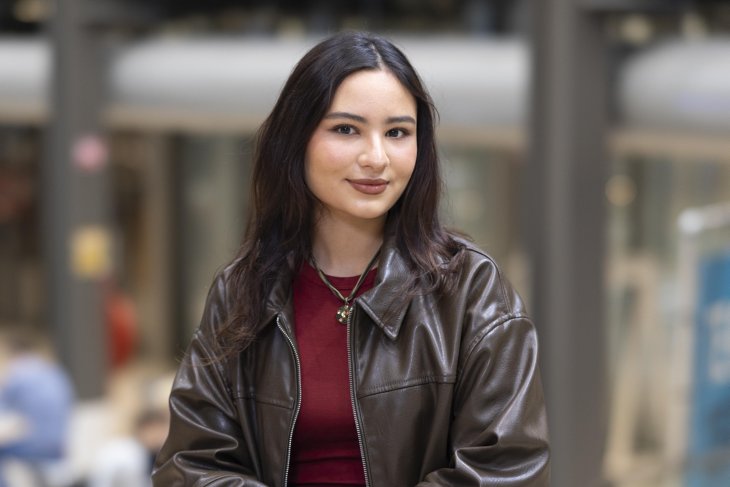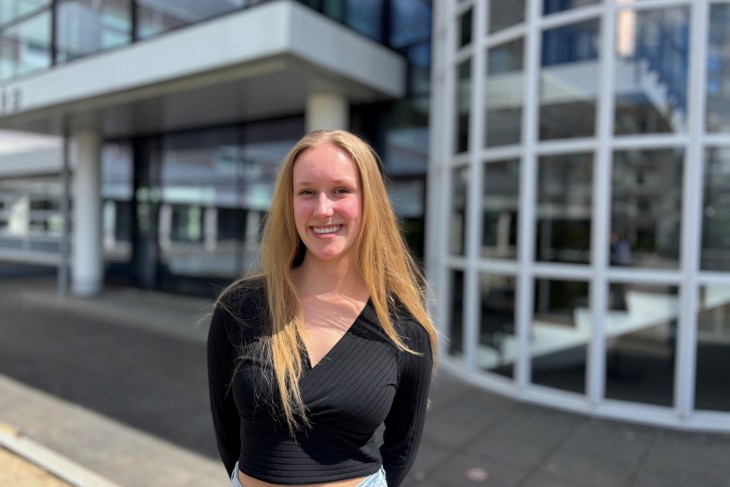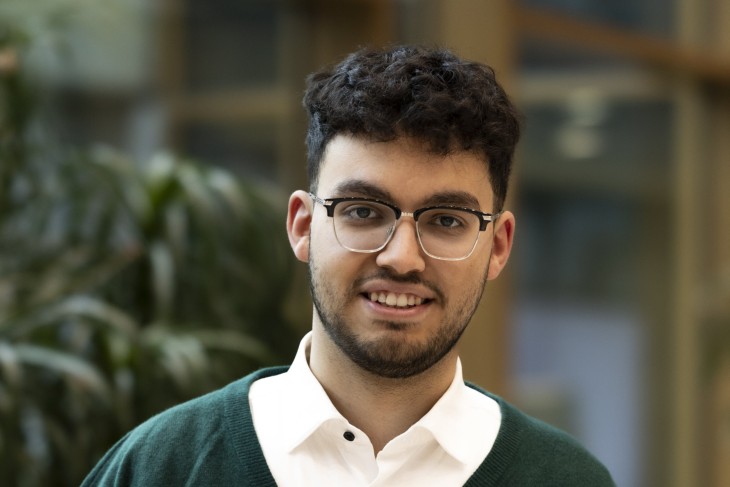“My original plan was to study in the United States, but the culture didn't really resonate with me, so I decided to explore Europe. I was considering neuroscience, biology, and even medicine, but I chose psychology because I thought it would give me a solid foundation for whatever I wanted to specialise in later. I didn't quite know what I wanted to do at that moment.
I wasn’t interested in psychotherapy and developmental psychology, which a lot of the other universities in Europe offered. So when I found the Bachelor’s in Psychology at the University of Twente, I knew that was what I wanted. Continuing with the Master’s in Psychology was a logical next step for me.
You don’t need to be technical to do this Master’s. Most of the courses focus on statistical programming in R rather than coding algorithms or engineering sensors. But if you’re into the technical side, you can go deeper during your thesis or internship—it’s up to you.
Safer products
There are five specialisations in the programme, and I chose Human Factors & Engineering. I’m learning to make people’s work safer and more efficient by improving the ergonomics of their workspace. This is especially important for those working in high-risk jobs, such as pilots, surgeons, or drivers, where even a small mistake can have serious consequences. For example, when a driver is under a lot of pressure, where are they most likely to instinctively reach for the brake?
When engineers create a product, they’re mostly focused on the technical side. They often forget about the human side—what’s intuitive for someone who hasn’t been working on that product for years? I’m learning to work with different specialists in a production team and apply my psychology knowledge to improve a product for the people who will use it.
Helping drivers of semi-autonomous vehicles
My favourite course has been Traffic Psychology. My team worked on a project to ensure long-distance truck drivers of semi-autonomous vehicles could safely return to driving after a sleep period.
I came up with the idea of using sensors in the seatbelt to track heart rate and breathing to determine their sleep stage. Based on this, the system could gently wake them up at the right moment, and they would have a transition period of 20 minutes while the truck continues driving autonomously. A drowsiness detection device would check their alertness, and if they pass a set threshold, they can take over control of the vehicle; if not, the truck would safely pull over until they’re ready.
We also looked into possible changes in road infrastructure to make this possible and also thought about how to test and fund our ideas. It was an eye-opening experience: it showed me what it would be like to work at an automotive company that wants to better its product.
Tracking stress in medical training
I'm now working on another exciting project as part of my internship at the university technical medical centre, TechMed Centre. The goal is to measure medical students’ stress while they practice conversations with simulated patients. The team I joined was already using sensors to track heart rate and sweat to see when the students were getting stressed. My part is developing an algorithm that detects facial expressions and voice patterns to identify instances of stress—of both the student and the patient—in real time.
If this sensor works well, it could be used in surgical training, too. It would, for example, enable tracking medical students’ stress levels while they practice surgery, so they get real-time feedback and can manage their nervousness, which is critical in such situations.
Looking ahead
After graduation, I want to work in research and development in the aerospace, automotive, defence, or medical industry. I’d love to focus on the design part: for example, redesigning an aeroplane cockpit to reduce a pilot's cognitive overload. I find it exciting and rewarding to help people in these high-risk environments perform their jobs better.”



